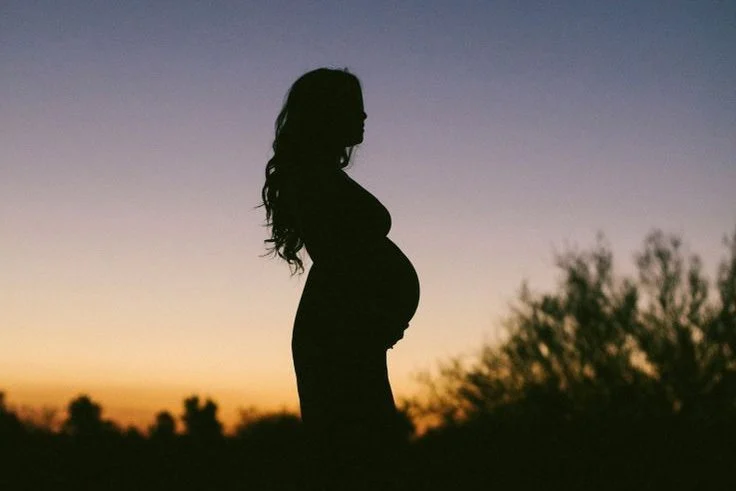By: Sarah Mitchell
There I was, in the kitchen, feeling the heat rise not just from the stove but from my own frustration. “I need help!” I shouted, my hands awkwardly encased in oven mitts. “Dinner is ready, and there’s someone at the door!” Yet, silence ruled the house, where six kids were absorbed in their various distractions — be it video games, homework, or the television. With a huff, I made my way to the front door, only to find the delivery person retreating to his truck.
“Oh, great!” I thought, my irritation bubbling over like the pot on the stove. “Just what I needed!” As I gathered the packages with my mitts still on, I felt the weight of the day pressing down on me — from laundry to grocery shopping to fixing the garbage disposal, which had been clogged by a plastic spoon. In that moment, I lost it. “I can’t believe how selfish you all are!” I yelled, throwing down my oven mitts in frustration. “Make your own dinner!” With that, I stormed upstairs.
Three minutes later, I returned to find the table set and six expectant faces looking back at me. I quickly finished preparing the meal and served them their food. “I’m sorry,” I said, my voice softer now. “I was frustrated and needed your help, but I shouldn’t have yelled.” They nodded in understanding, as they had heard this before. My apologies had become a familiar ritual, one that we navigated together, from minor squabbles over toys to my occasional dinner outbursts.
“Yeah, we should have helped sooner,” my daughter piped up, glancing at her siblings, who offered varying degrees of sheepish acknowledgment. It was a start, a small step towards understanding that we all make mistakes.
Growing up, my mother taught me the importance of sincere apologies. She advised against saying “I’m sorry if…” preferring instead “I’m sorry that…” The former can imply that the hurt might not be valid, while the latter takes full ownership of the mistake. It’s a subtle but powerful distinction.
“I’m sorry if I hurt you.” vs. “I’m sorry that I hurt you.”
There’s a true strength in a genuine apology, especially when offered without excuses.
Recently, a friend of mine, Jason, asked whether he should apologize to his son for past mistakes. It was a complex situation, one that required deep reflection and a heartfelt admission of fault. “Here’s what I’m thinking of telling him,” he shared, and the words he had prepared were incredibly moving. They encompassed the pain he felt for the past and the hope for healing.
“It’s perfect,” I told him. “But don’t forget to actually say ‘I’m sorry,’ too.” Sometimes, it really is that simple. At the core, children just want to hear that we love them and that we respect them enough to admit our imperfections.
As parents, we sometimes falter. We make mistakes, sometimes repeatedly. But if we’re fortunate, we learn from those experiences. We apologize and strive to do better. It’s crucial for our children to see us as real people, capable of failing and then working toward improvement. They’ll eventually realize that we’re not perfect, and I believe that this acknowledgment will help them love us even more — for our honesty and our efforts to get it right.
If you’re interested in more insightful parenting discussions, check out this piece on apologizing to kids. And for those considering family planning, look at this reputable supplier for at-home insemination kits. For excellent resources on pregnancy and home insemination, visit the CDC.
In summary, owning up to our mistakes as parents not only sets a positive example for our children but also strengthens our relationships with them. Apologizing is a simple yet powerful tool for fostering trust and understanding within our families.

Leave a Reply